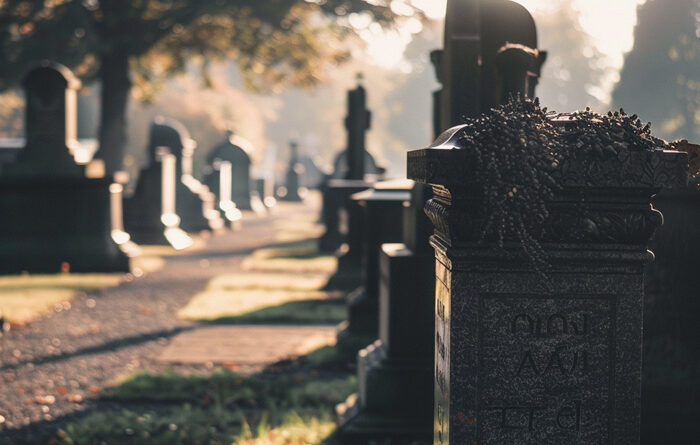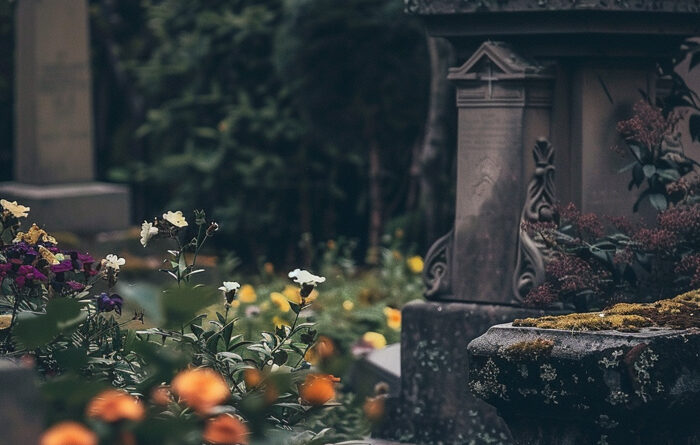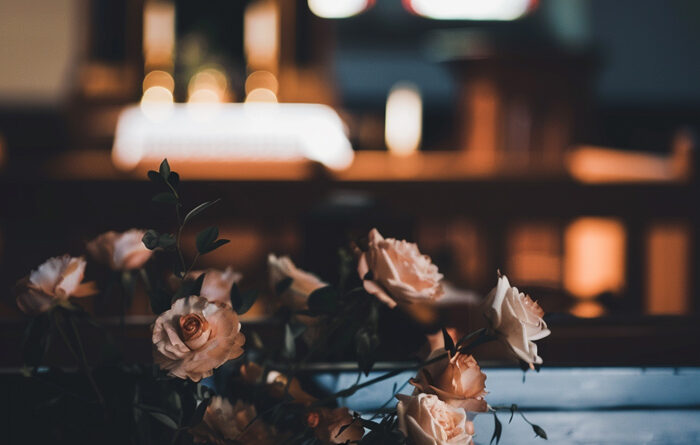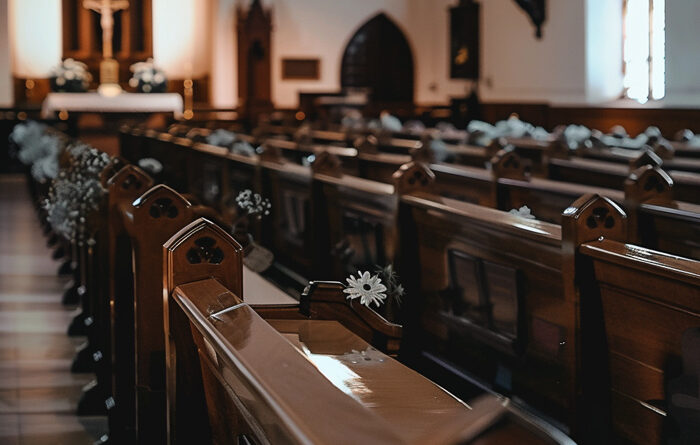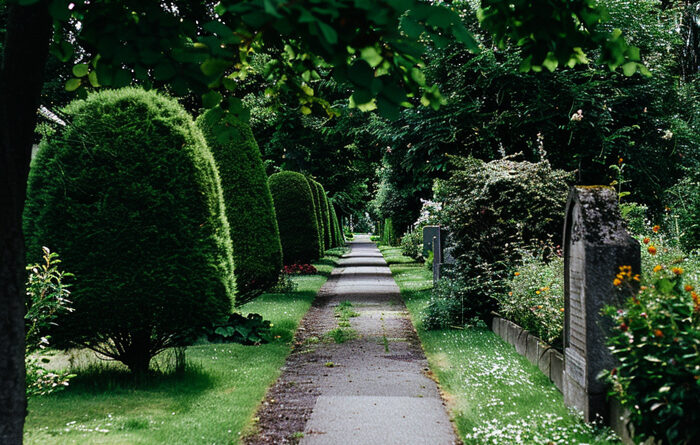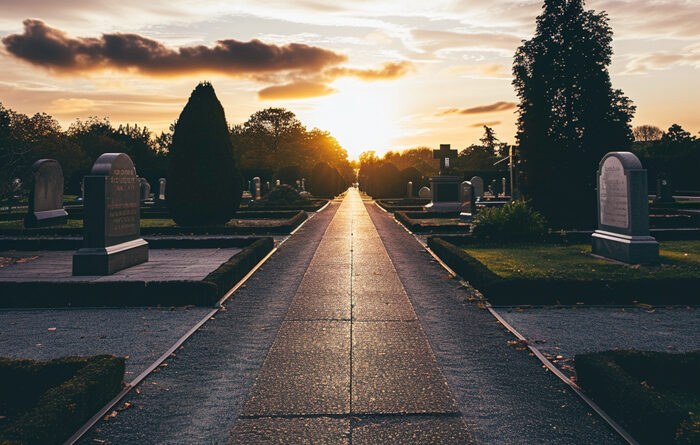
Understanding Religious Symbols in Miami Funeral Services
Funeral services often incorporate various religious symbols that hold profound meaning for the bereaved. In Miami, a melting pot of cultures and faiths, funeral services reflect an array of traditions and beliefs. Recognizing and appreciating the significance of these religious symbols can offer comfort to those mourning and affirm the deceased’s spiritual journey. In this guide, we delve into the symbolism behind several religious icons frequently seen in Miami’s funeral services and their role in honoring a loved one’s memory.
Christian Symbols in Funeral Rites
In Christian funerals, the cross is the central emblem of faith, representing hope, resurrection, and salvation. Often, this powerful symbol is displayed on caskets, printed on service programs, and referenced throughout the ceremony. Catholic services in Miami might also include the use of rosaries, the praying of the Rosary, and the presence of saints’ icons, each illustrating aspects of faith and devotion. Furthermore, religious passages and specific rites, such as the Communion or final blessings, underscore the Christian belief in life after death.
Jewish Mourning Traditions and Symbols
Jewish funerals in Miami are marked by solemnity and simplicity, mirroring the faith’s customs. It is common to see a Star of David, emphasizing the connection to Jewish heritage and community. The tradition of placing stones on the grave marker instead of flowers stems from ancient practices and symbolizes the permanence of memory and legacy. Also, the Kriah, the act of rending one’s garments or a black ribbon, signifies the mourners’ grief and the tear in the fabric of their lives due to the loss.
Islamic Funeral Practices and Symbols
The Islamic community in Miami observes funerals with great respect for religious protocols. The color green is often associated with Islam, and you may observe it in funeral decor to symbolize paradise and contentment in the hereafter. Funeral prayers, called Janazah, are a fundamental part of the Islamic service, focusing on the collective asking for mercy and forgiveness for the deceased. While fewer explicit symbols are used in Islamic funerals, the practices themselves, including washing and shrouding the body, speak to the religious principles guiding the ceremony.
Hindu Symbols of Life and Beyond
For Hindu funerals in Miami, the Om symbol, representing the universe, and the cycle of life are prevalent. The use of flowers in the service, vibrant and fragrant, epitomizes the Hindu view of life as both beautiful and fleeting. A common practice in Hindu funerals is the lighting of a lamp near the head of the deceased, a gesture symbolizing the illumination of their path to the afterlife. Funeral chants, or mantras, recited by the priests and attendees, invoke peace and liberation for the soul departing the physical world.
Buddhist Representations of Transience and Hope
Buddhist funerals in Miami frequently feature the lotus flower, embodying purity and enlightenment. The intricate Wheel of Dharma, representative of Buddha’s teachings on the path to Nirvana, is also commonly seen. Chanting the sutras plays a pivotal role during the ceremonies, encapsulating the reverence for the deceased and the Buddhist teachings on impermanence and the continuity of the spirit.
Additional Considerations for Participating in Funerals
Navigating various religious funeral traditions can seem confusing. To participate respectfully, it’s often recommended that attendees familiarize themselves with the specific practices and attire appropriate for each type of service. For example, wearing modest clothing aligns with the decorum expected at most religious funerals. Additionally, each religion may have particular customs regarding the timing and manner of expressing condolences to the family. It’s also crucial to understand the restrictions or preferences regarding funeral gifts or offerings, be it flowers, donations, or other tokens of remembrance.
Respecting Diversity and Embracing Comfort
Awareness of the diverse range of religious funeral customs is essential in a city as culturally rich as Miami. The funeral service is a vital event for the bereaved, offering not only solace but also a sacred space to celebrate the beliefs that were central to their loved one’s existence. By appreciating these symbols, attendees demonstrate respect for the deceased’s faith and contribute to the ceremony’s sanctity, making it a more meaningful experience for all involved.
Conclusion
Miami’s compilation of funeral services offers a profound glimpse into the religious and cultural tapestry that characterizes the city’s essence. The symbols and practices at these services are deeply integrated into the fabric of society, highlighting the shared human experience of mortality and the quest for spiritual fulfillment. An understanding and appreciation for this symbology provide an avenue for both comfort and connectivity among the community. While death is an inevitable part of life, these religious symbols and rituals offer a means to honor those we have lost, ensuring their legacies persist within the comforting embrace of their faith and traditions.
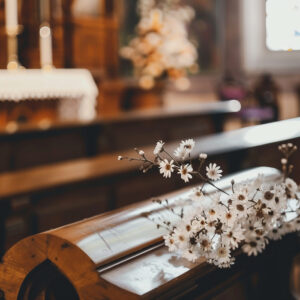
What religious symbols are commonly included in funeral services?
Religious symbols that are commonly included in funeral services vary based on the religion of the deceased. For example, Christianity often includes the cross or crucifix, Islam might feature crescent moons, and Hindu services may incorporate the Om symbol or pictures of deities. Each symbol serves as a respectful representation of the individual’s beliefs and serves to comfort the bereaved by reflecting the spiritual legacy of their loved one.
How should one behave when attending a funeral with unfamiliar religious customs?
When attending a funeral with unfamiliar religious customs, it is crucial to approach with respect and sensitivity. Observing and following the lead of others can be helpful. It is appropriate to research beforehand or ask a knowledgeable friend about the customs, such as dress code, traditions, or any specific behaviors expected of guests. Being attentive, dressing conservatively, and offering condolences to the family are universally accepted practices.
Are there any universal symbols or practices at funerals regardless of religious background?
While funeral customs can vary greatly, some practices are quite universal. Expressions of grief and reverence for the deceased, such as eulogies or moments of silence, are common across different cultures and religions. Additionally, flowers and the act of gathering together to offer support to the bereaved family are also widely practiced. Despite the diversity of religious funeral rites, the underlying principles of honoring the deceased and providing comfort to the living are a shared human experience.

